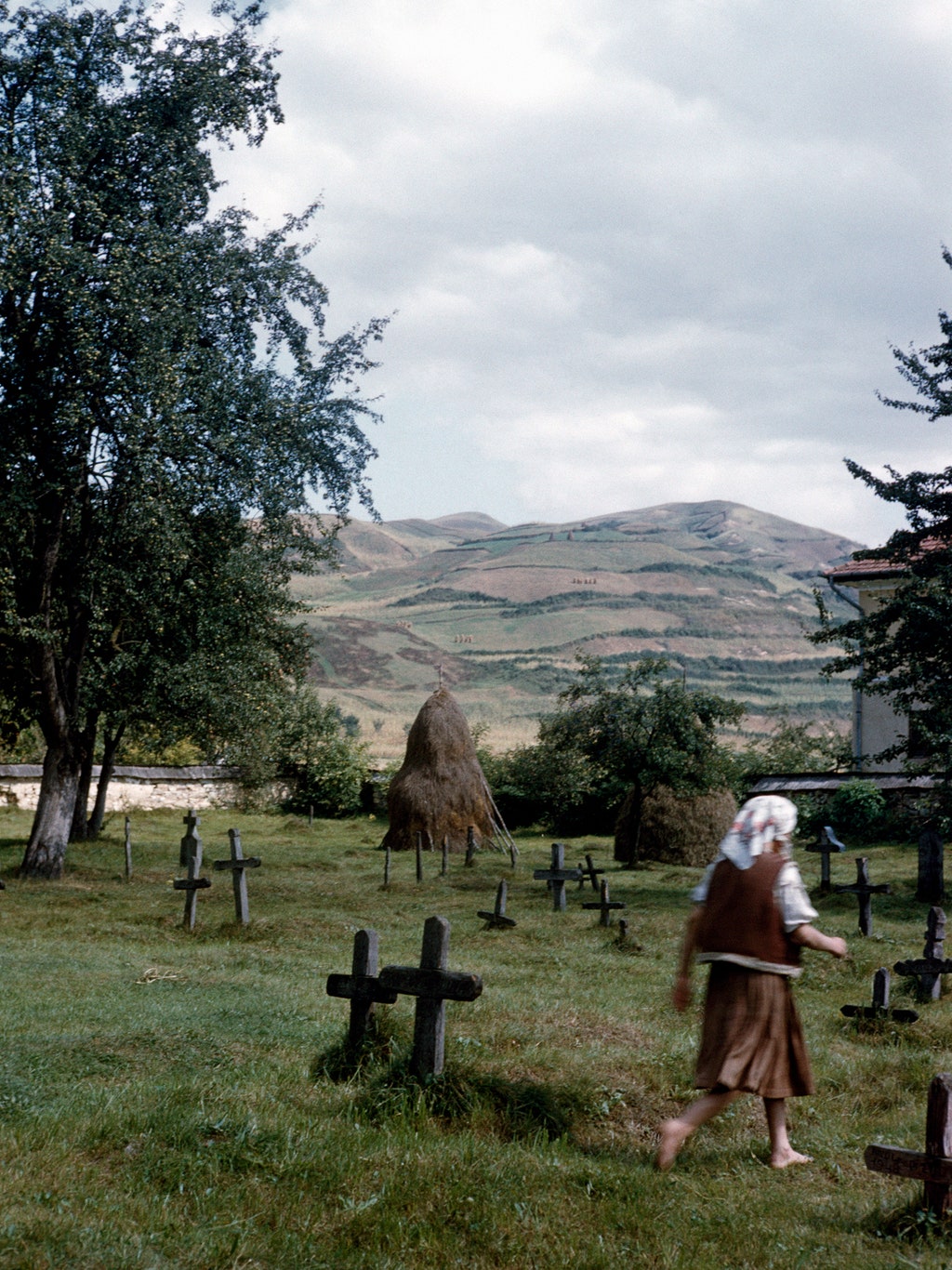
Alice Munro
When awarding Alice Munro the Nobel Prize in Literature, in 2013, the Swedish Academy described the Canadian writer as a “master of the contemporary short story.” Munro, whom James Wood calls “our Chekhov,” published more than sixty stories in The New Yorker since her first work, “Royal Beatings,” appeared in the magazine in 1977. Her work is graphically regional—readers have come to know Huron County, the area in southwestern Ontario where many of her stories are set, as “Munro country”—but it is also fundamentally and essentially universal. Perusing the titles of her books tells you something about her frequent subject matter: “Lives of Girls and Women,” “The Love of a Good Woman,” “Hateship, Friendship, Courtship, Loveship, Marriage.” Munro takes on love, marriage, and motherhood, but she also writes about the darker sides of life—from abandonment and loss to illness and even murder. Her ultimate subject is human nature, both its delights and its critical failings. In addition to the Nobel, she received the Man Booker International Prize for lifetime achievement, the O. Henry Award for continuing achievement, and the Governor General’s Literary Award, Canada’s highest literary distinction. Munro died in May, 2024, at age ninety-two.


